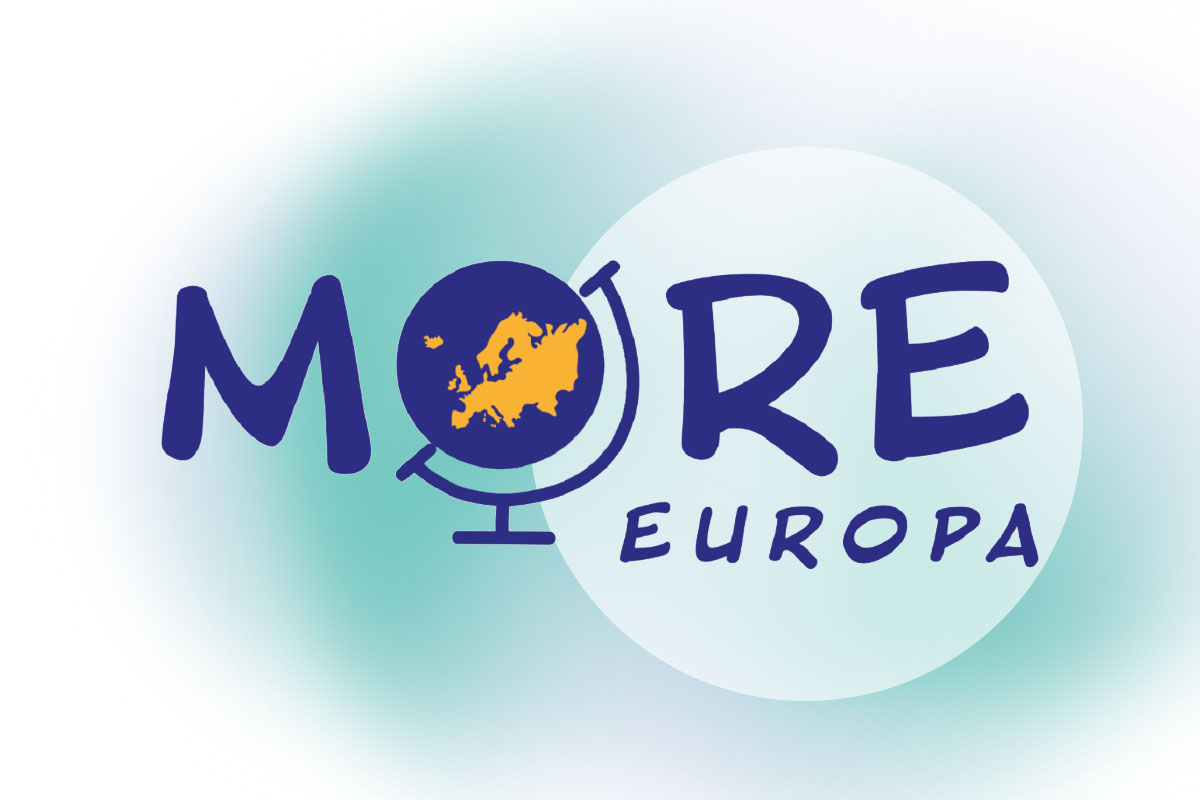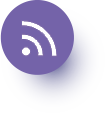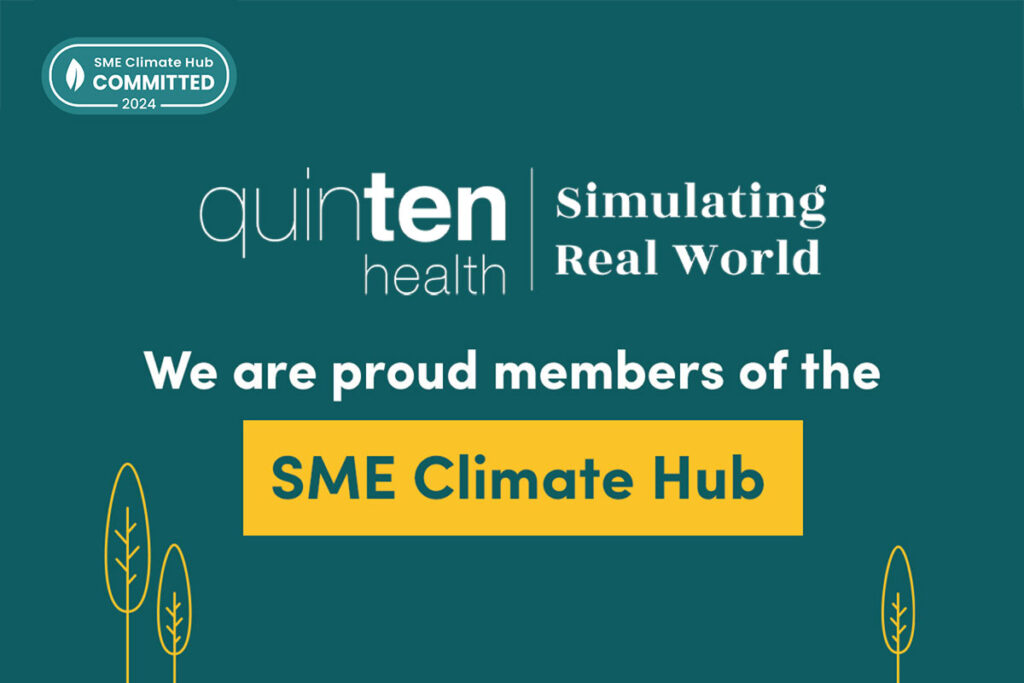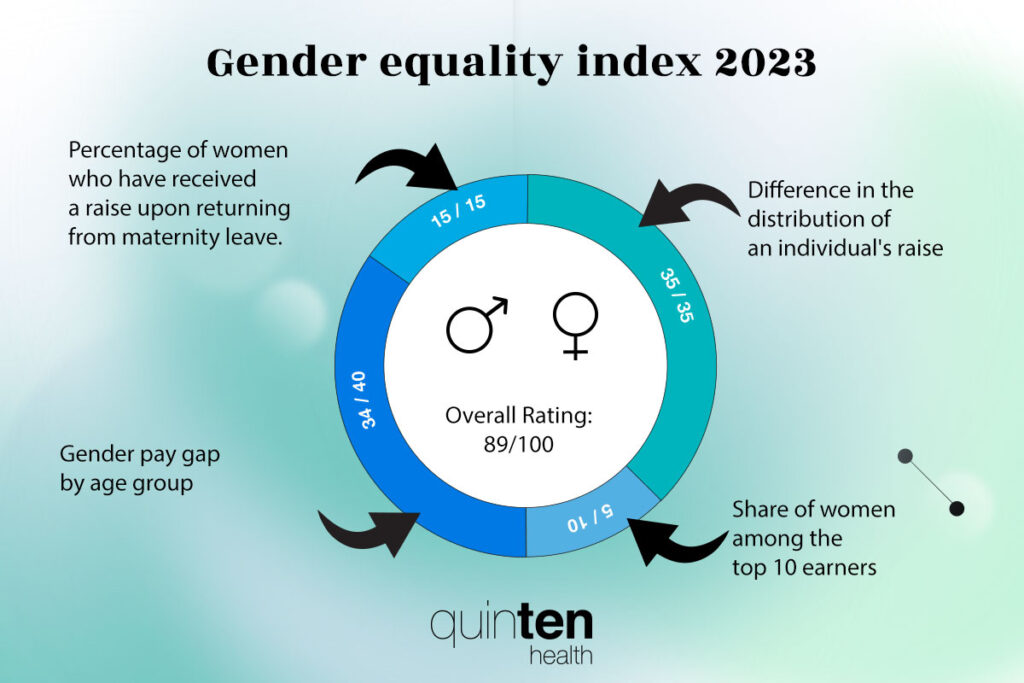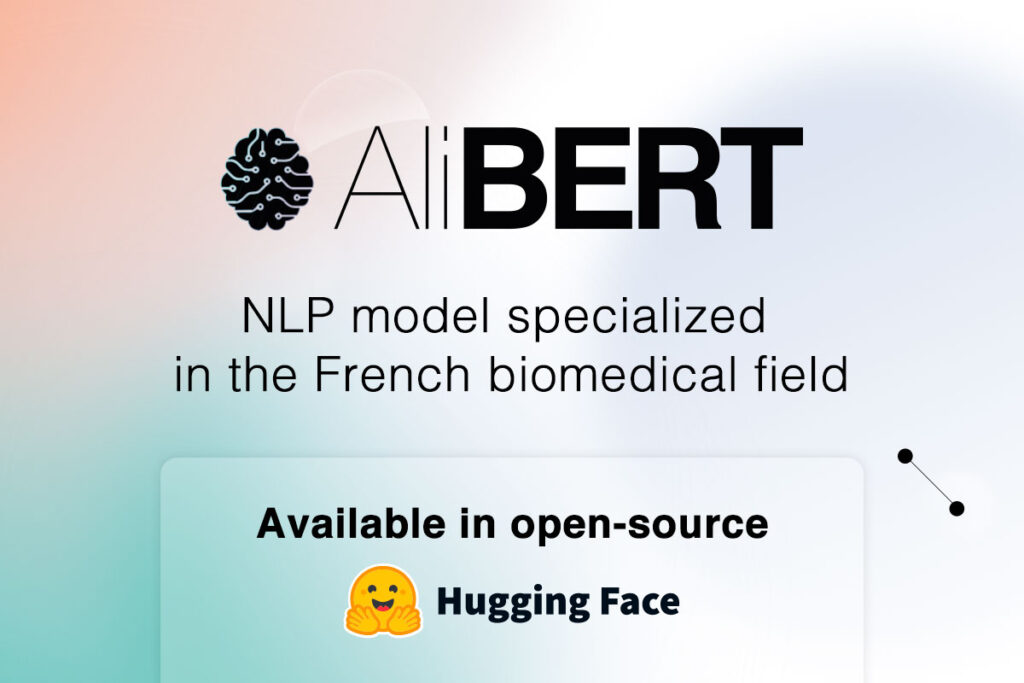Quinten Health is participating in the More-EUROPA project in the framework of the Horizon Europe program. The latter funds projects aiming to develop “new methods for the effective use of real-life data and/or synthetic data in regulatory decision-making and/or health technology assessment”. With a duration of 5 years, More-Europa [MORE Effective and ethical Use of Registry data to suppOrt PAtient-centered is based on 3 axes: establishing the value of RWD, enabling its use and promoting its adoption.
Over the past decade, the use of RWD, such as, for example, data from electronic medical records or registries, has increased. By enriching the information on drug development and evaluation at an early stage, it improves the understanding of the natural history of the disease and optimizes the design of trials. The generalizability of results for registration and post-registration is ensured and long-term real-life benefit/risk assessments can be made. On the other hand, there is still a need to develop standards of evidence for the effective use of RWD. All the limitations of heterogeneous databases need to be mitigated in order to free regulators and health technology assessment bodies from their skepticism about the use of these particular data.
Therefore, More-EUROPA aims to establish the value of registry-based RWD to complement randomized controlled trials. This will enable a more effective and ethical use of registry data in regulatory decision-making and patient-centered health technology assessment.
The project has 3 thrusts:
- Establishing the value of RWDs by expanding knowledge about drug effectiveness and safety using RWDs (new analytical tools) ;
- Enabling and then promoting the use of RWD by developing and standardizing methods to increase the usability of research and development data across different registries; developing a screening tool to identify appropriate registries and RWD; and structuring an ethical framework for the production and use of patient-relevant RWD.
- Foster the uptake of RWD by integrating methodological tools into the above framework, improving the skills and competencies of evaluation and regulatory authorities; creating an integrated multi-stakeholder platform.
In practice, three case studies will implement these tools and frameworks in the areas of heart failure, multiple sclerosis and lung cancer.
Ultimately, what is developed in the project will lead to faster and more cost-effective drug development and approval. At the same time, it will reduce costs and accelerate accessibility and reimbursement of medicines for the European people/patients who need them [most].
Quinten Health is participating in this project alongside:
- Universitair Medisch Centrum Groningen (UMCG)
- Stichting Radboud Universitair Medisch Centrum (RADBOUDUMC)
- Karolinska Institutet (KI)
- Universita Cattolica Del Sacro Cuore (UCSC)
- Charite – Universitaetsmedizin Berlin (QUEST)
- Faculdade de Farmácia da Universidade de Lisboa (FFUL)
- Critical Path Institute Stichting (CPATH)
- European Organisation For Rare Diseases (EURORDIS)
- Uppsala Universitet (UU)
- Stichting Dutch Institute For Clinical Auditing (DICA)
- Universite Paris Cite (UP)
- The European Multiple Sclerosis Platform AISBL (EMSP)
- IQVIA Solutions BV (IQVIA)

